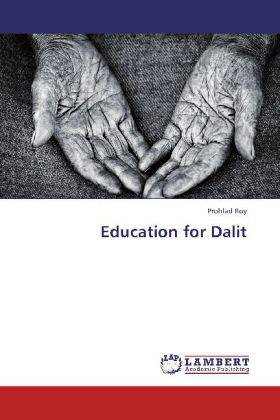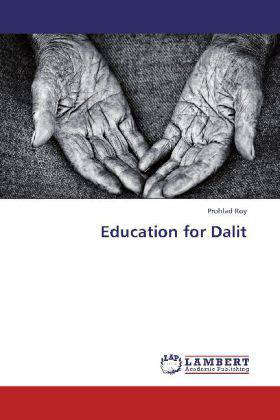
- Afhalen na 1 uur in een winkel met voorraad
- Gratis thuislevering in België vanaf € 30
- Ruim aanbod met 7 miljoen producten
- Afhalen na 1 uur in een winkel met voorraad
- Gratis thuislevering in België vanaf € 30
- Ruim aanbod met 7 miljoen producten
Zoeken
Omschrijving
Ensuring access to education for the Dalits of India has been the greatest challenge for the Indian government in diminishing the social effects of the caste system, which still remain entrenched in Indian society. There have been many different reasons proposed as to why the Dalits suffer from low rates of literacy and primary education enrolment, but the most realistic one describes history and unequal access as the causes. The ancient caste system of India, which has resulted in the social and economic oppression of the Dalits, continues to play a dominant role in India. The Dalits, also known as the scheduled caste or untouchables, have experienced consistent denial to access to education since the 1850s. This decade coincided with Britain s established control over India, which meant many of the improvements to Dalit education were coming from outside influences, rather than from the national government.
Specificaties
Betrokkenen
- Auteur(s):
- Uitgeverij:
Inhoud
- Aantal bladzijden:
- 136
- Taal:
- Engels
Eigenschappen
- Productcode (EAN):
- 9783659321818
- Verschijningsdatum:
- 10/01/2013
- Uitvoering:
- Paperback
- Afmetingen:
- 150 mm x 220 mm
- Gewicht:
- 209 g

Alleen bij Standaard Boekhandel
+ 116 punten op je klantenkaart van Standaard Boekhandel
Beoordelingen
We publiceren alleen reviews die voldoen aan de voorwaarden voor reviews. Bekijk onze voorwaarden voor reviews.











